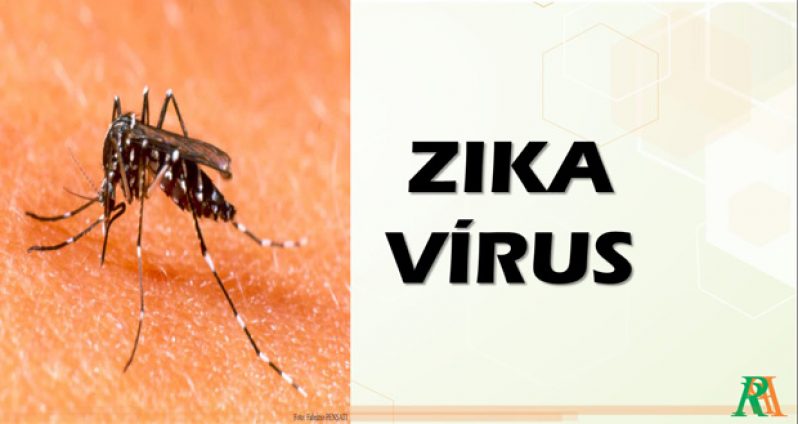GUYANESE are being urged to adopt all necessary precautionary measures to avoid the contraction of the Zika virus, which is transmitted by the Aedes aegypti and Aedes polynesiensis mosquitoes. According to a statement from the Ministry of Public Health (MoPH), “in order to prevent the entry of the Zika Virus into Guyana, persons should avoid unnecessary travelling to places where the virus is known to be present. If they must travel to those areas, then all precaution must be taken.”

Persons who travel to Guyana should inform the Port Health Authority at the airport, seaport or land crossing or contact the nearest health facility, if they had symptoms of fever within the last week. The necessary advice and follow up care would be provided.
Particularly, the MoPH is advising that all pregnant women and children must sleep under a mosquito net. The Zika virus causes some abnormalities in developing fetuses so it is now strongly recommended that all pregnant women avoid being bitten.
Natural substances, household insecticidal sprays, coils, candles, among other things, can assist in reducing the presence of mosquitoes around the home.
Screening of windows, doors and other openings along with closing-up in the evening can aid in reduction of mosquitoes in the home.
In order to control the spread of the Aedes aegypti and Aedes polynesiensis mosquitoes, persons should conduct systematic searches in and around their environment for any stored or exposed body of water and remove these sources of mosquito breeding.
Additionally, persons should clear their environs of tyres, punch holes in discarded containers, properly cover containers with stored and drinking water, pour a little oil in contained water for domestic use, and change water regularly in vases, pet containers and plant saucers.
The MoPH continues to take all precautionary measures to ensure that the Zika Virus does not enter Guyana and health officers are on guard to identify any cases.
Symptoms of the Zika Virus include fever, headache, joint and muscle pain, rash and sometimes swelling of the limbs. Some persons may also experience vomiting, diarrhea and abdominal pain.
Minister of Public Health, Dr George Norton when contacted, added, “Like all vector borne diseases similar to malaria, dengue and chikungunya, emphasis must be placed on the use of treated nets in the control and prevention of this disease”.
BRAZIL UNDERWATCH
Meanwhile, Brazilian health authorities are sounding the alarm about a mosquito-borne virus that they believe may be the cause of thousands of infants being born with damaged brains.
The pathogen, known as Zika and first discovered in forest monkeys in Africa over 70 years ago, is the new West Nile — a virus that causes mild symptoms in most but can lead to serious neurological complications or even death in others.
Brazil’s Health Ministry said on November 28 that it had found the Zika virus in a baby with microcephaly — a rare condition in which infants are born with shrunken skulls — during an autopsy after the child died. The virus was also found in the amniotic fluid of two mothers whose babies had the condition.
“This is an unprecedented situation, unprecedented in world scientific research,” the Ministry said in a statement on its website, according to CNN.
Brazil is investigating more than 2,400 suspected cases of microcephaly and 29 deaths of infants that occurred this year. Last year, the country saw only 147 cases of microcephaly.
However, when asked if there had been any plans to up the number of health officers at the ports of entry from Brazil, Minister Norton disclosed that, “there is no need at the moment, but if the need arises they will do so.”
Persons who experience any of the symptoms, including fever are advised to seek medical advice at the nearest health facility or call the Ministry of Public Health on 226 5124 or 226 1224 or e-mail cmoguyana@gmail.com.



.jpg)








